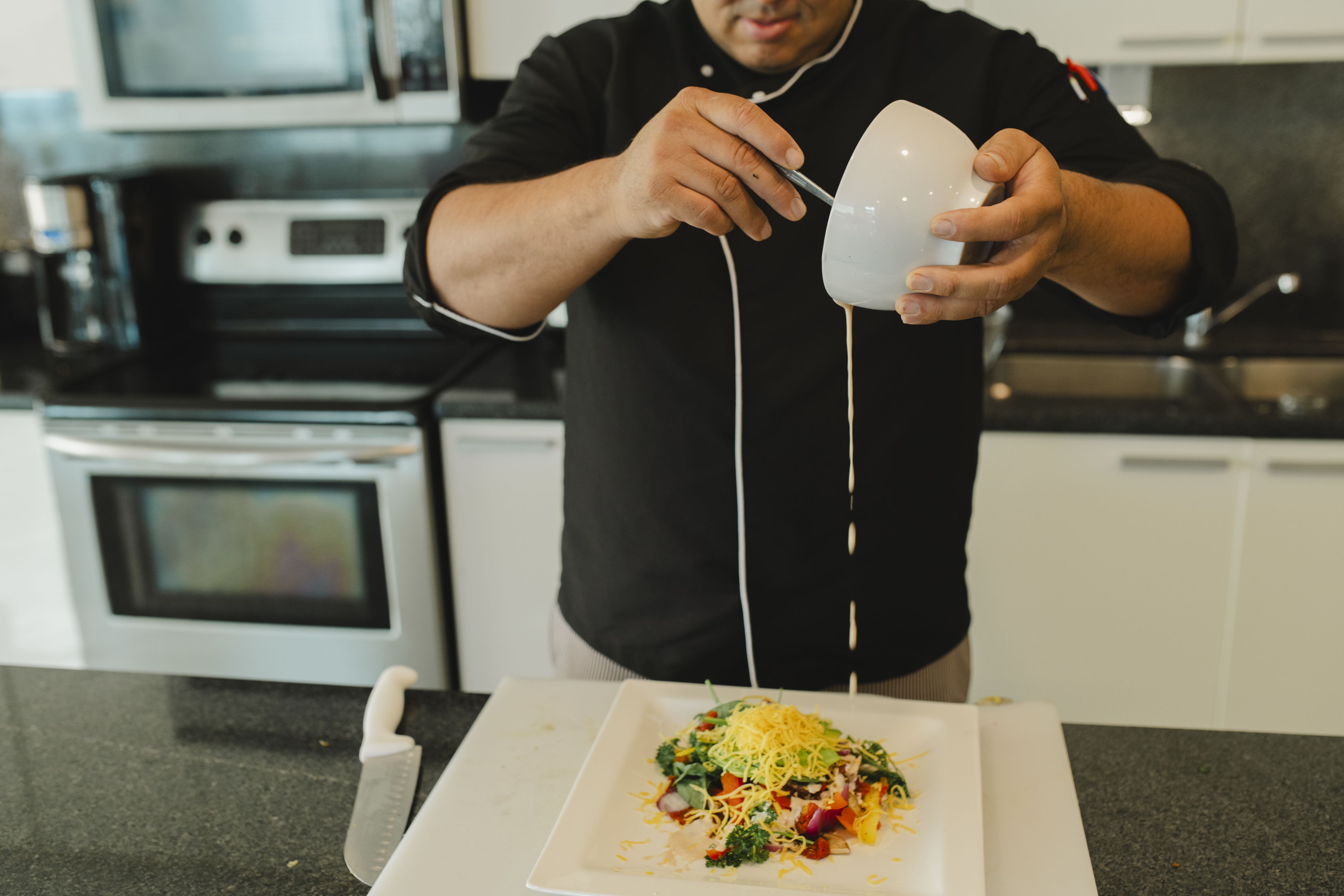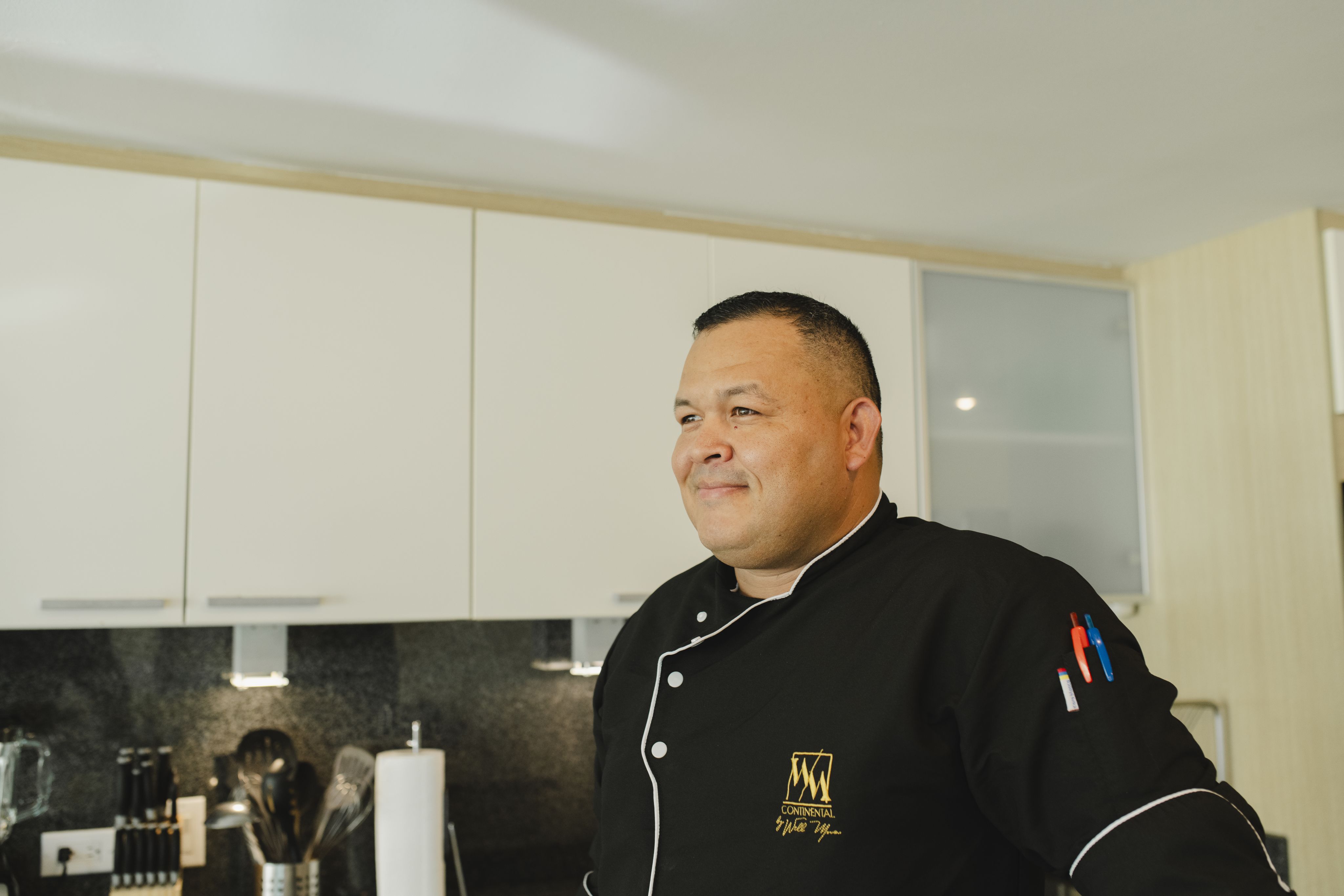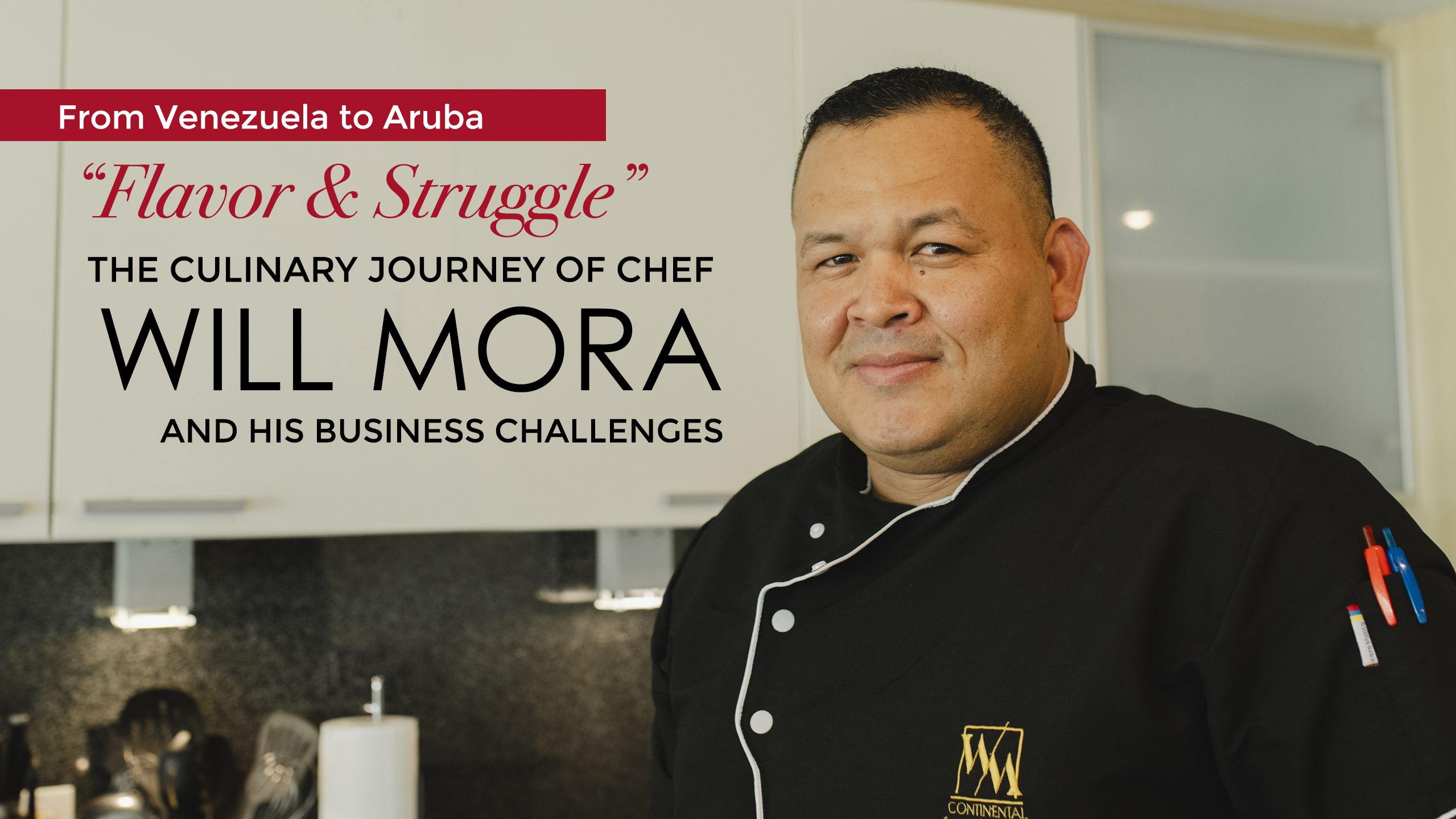


In 2008, Will Mora (42) set foot on Aruba for the first time. Although close to his native Venezuela, Aruba was a strange land to him, a place he had never visited before. Thanks to his talent as a sushi chef, Will was offered a unique opportunity to work in Aruba. Going through several years filled with victories and even challenges, now, 15 years later, not only has Will adapted to his new home, but he has also excelled as an entrepreneur with his own restaurants. A journey of learning that shaped the Will Mora we know today, worth sharing.
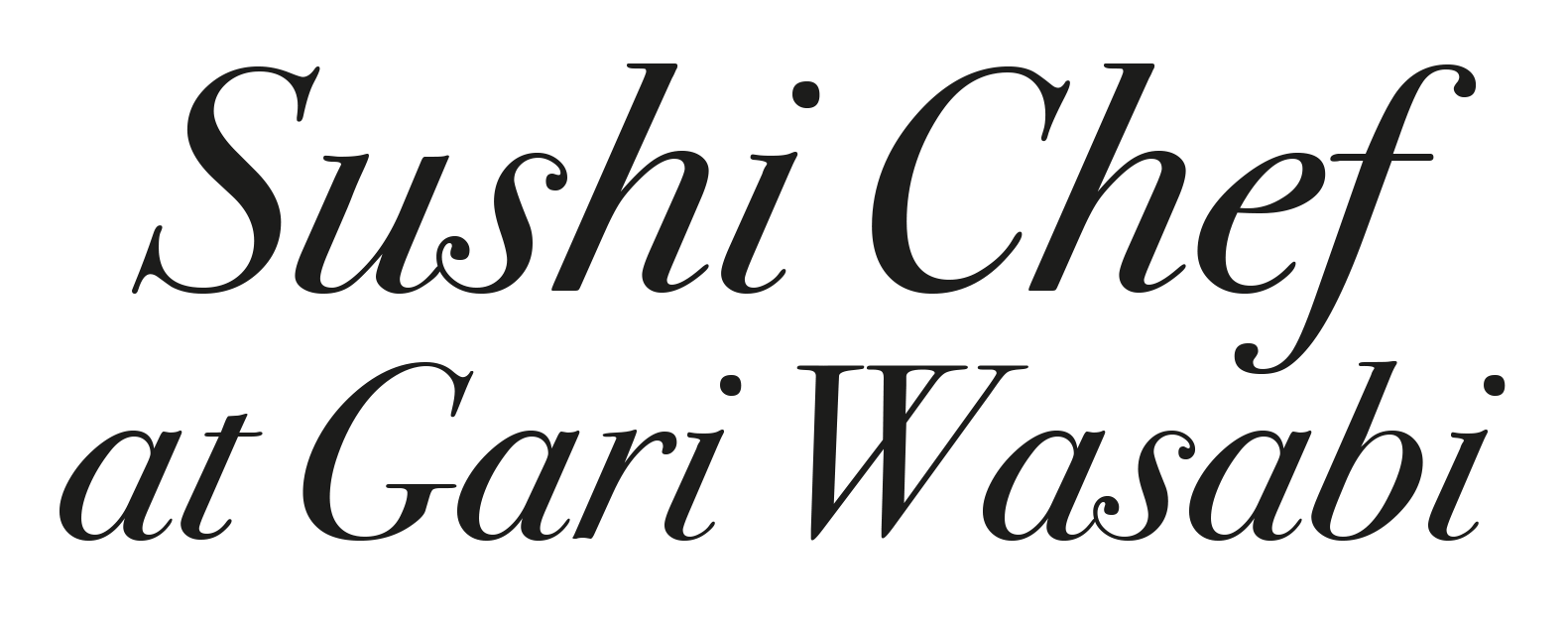
In reality, Will did not start his culinary career as a chef; it was his humility and dedication that provided this unique opportunity. Born into a humble farming family, Will arrived in Caracas to experience city life. In Caracas, at the age of 16, he worked as a packer in a supermarket. One day, the owner of a sushi restaurant was so impressed by his work ethic that he asked him to work for him, introducing Will to the culinary world, which would become his destiny.
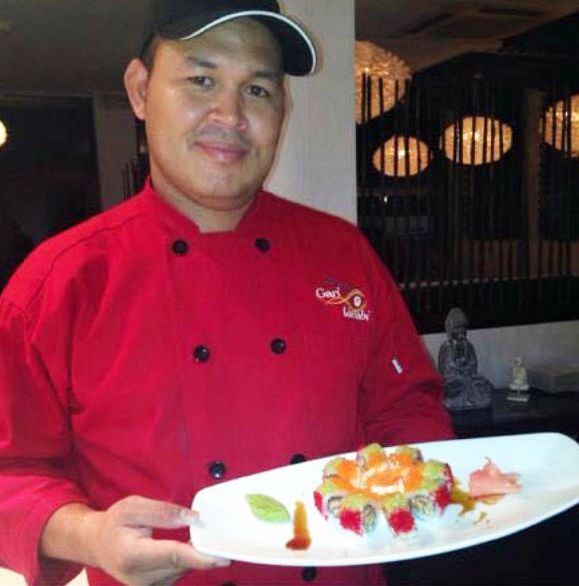
With guidance and training, he developed his skills to the point where he became a sous chef and later pursued culinary arts for two more years. Even after graduating in culinary arts, Will quickly realized that the title 'chef' is not earned in school but in the workplace. So, with a fresh degree and immense ambition, he got in touch with a friend living in Aruba. This led to a job offer as the main sushi chef at a new restaurant called Gari Wasabi. Will accepted the challenge, and with his contribution, the restaurant became one of the best in Aruba.
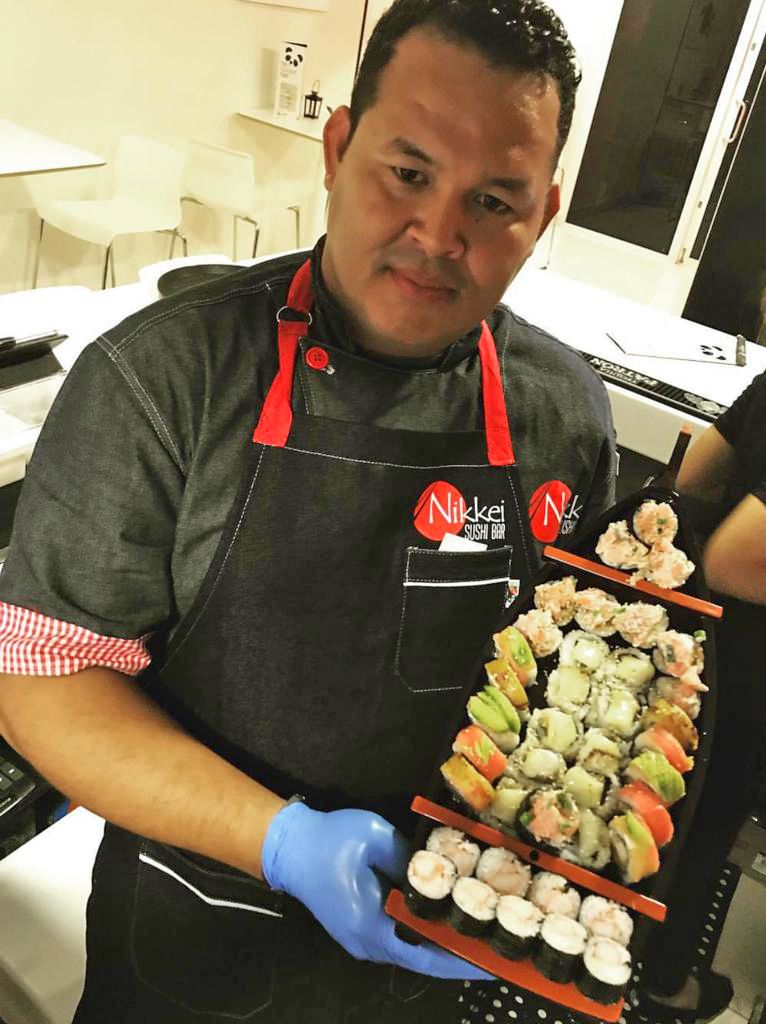

After his success at Gari Wasabi, Will felt the need to advance in his career and become independent. He started selling sushi from his home and soon opened his own restaurant, 'Nikkei', with a local partner. He also collaborated in establishing Dragonfly for the Wine and Dine group. Despite the rapid growth of Nikkei restaurants, problems arose with his local partner. "The situation turned sour, they seemed to want to take advantage of me. Eventually, our relationship ended poorly, leading me to step away from the operations, no longer being the chef of my own restaurant, and distancing myself. Even so, I still remain a shareholder in this chain of restaurants that I helped establish."
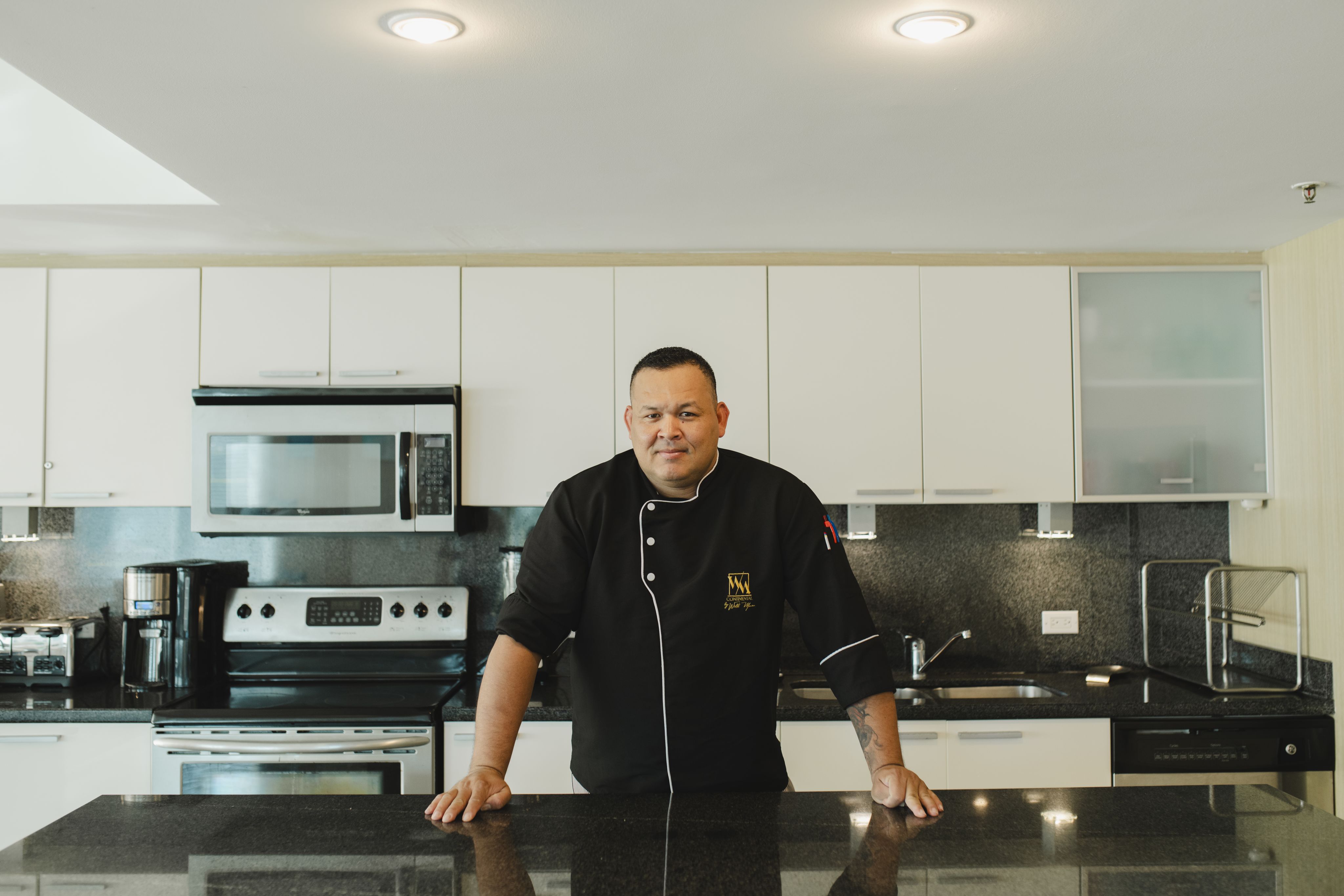

Following the unpleasant experience with Nikkei, Will chose to channel his energy into launching 'Continental by Will Mora'. Combining his passion for cooking with renewed determination, 'Continental' became a restaurant that truly reflects his vision. Now, Will has introduced another establishment with a completely different concept; 'Bokas’, a coffee gastrobar. 'Continental' serves food in the evenings, and 'Bokas' operates in the mornings. “At Continental, many favor the banana roll, while at Bokas, it's the pabellon criollo. The arepas, from my homeland, make me proud to share them with my customers.”
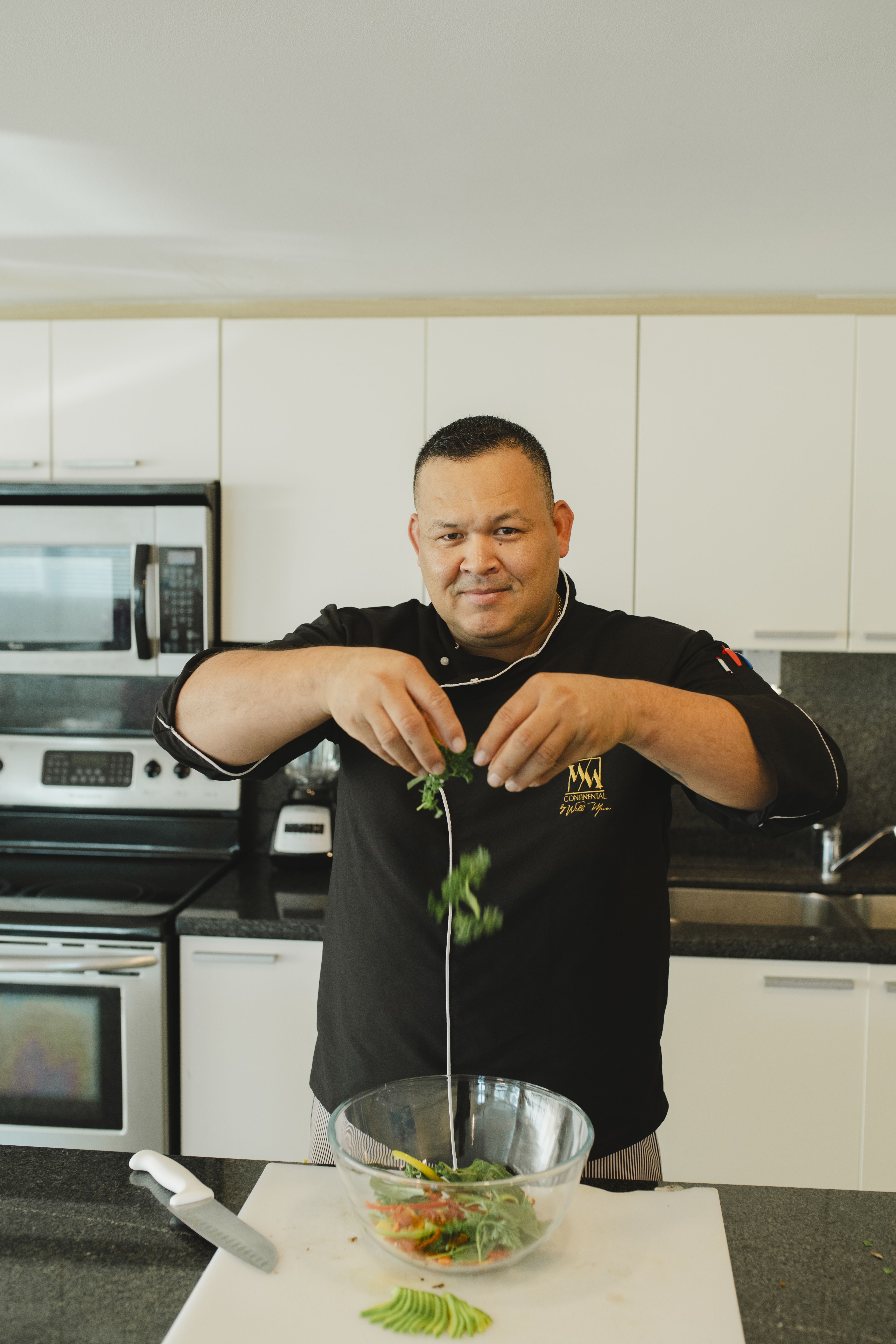
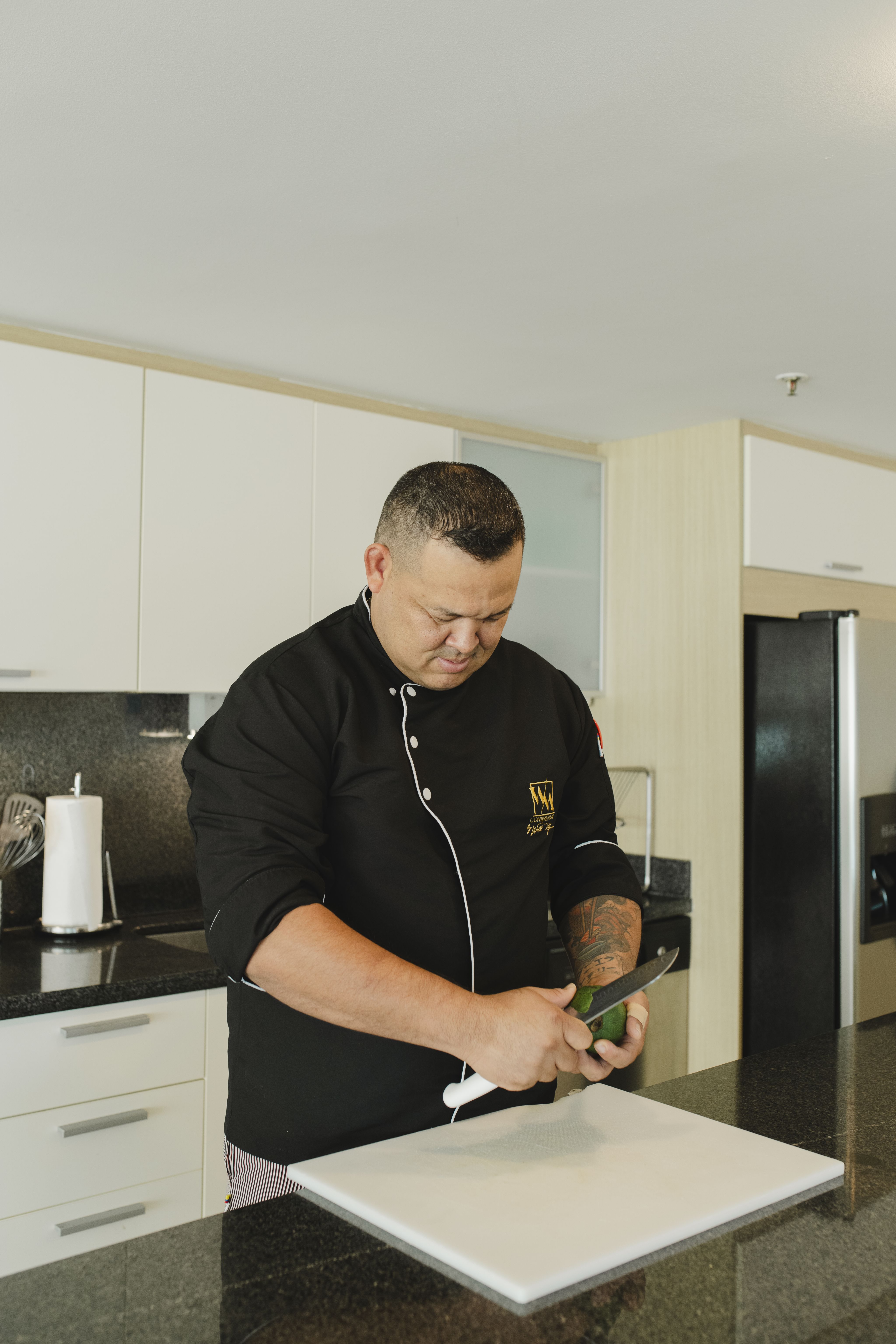

Reflecting on his experience, Will advises future entrepreneurs: "Wherever in the world, always be kind, respect yourself and others. Genuine love for people will open many doors for you." He learned that in Aruba, partnering with a local is crucial, but one must be very careful when selecting business partners. "Trust is fundamental, but it's also important to protect yourself and your vision," warns Will. His experience with Nikkei taught him a lot. He understood that as an immigrant, you face additional challenges.
Not only must you understand a new market but also a different culture and legal system. Furthermore, the importance of collaborating with locals and understanding the market has proven essential for his success today. Although not born in Aruba, Will feels that both he and his businesses are genuinely Aruban, as they emerged and grew, inspired by the culture and character of Aruba.

Over 15 years in Aruba, despite some negative experiences, Will also speaks of experiencing the warmth and generosity of the Arubans. "Aruba is more than home to me; it's a constant inspiration," he says. His commitment to the community is evident not just through the restaurants he established but also in his effort to learn Papiamento. Even though he doesn't speak it perfectly, he recognizes the importance of integration. "Speaking Papiamento is a way to fully embrace the culture of Aruba," he affirms. This dedication is appreciated by the locals, strengthening the connection between Will and Aruba.
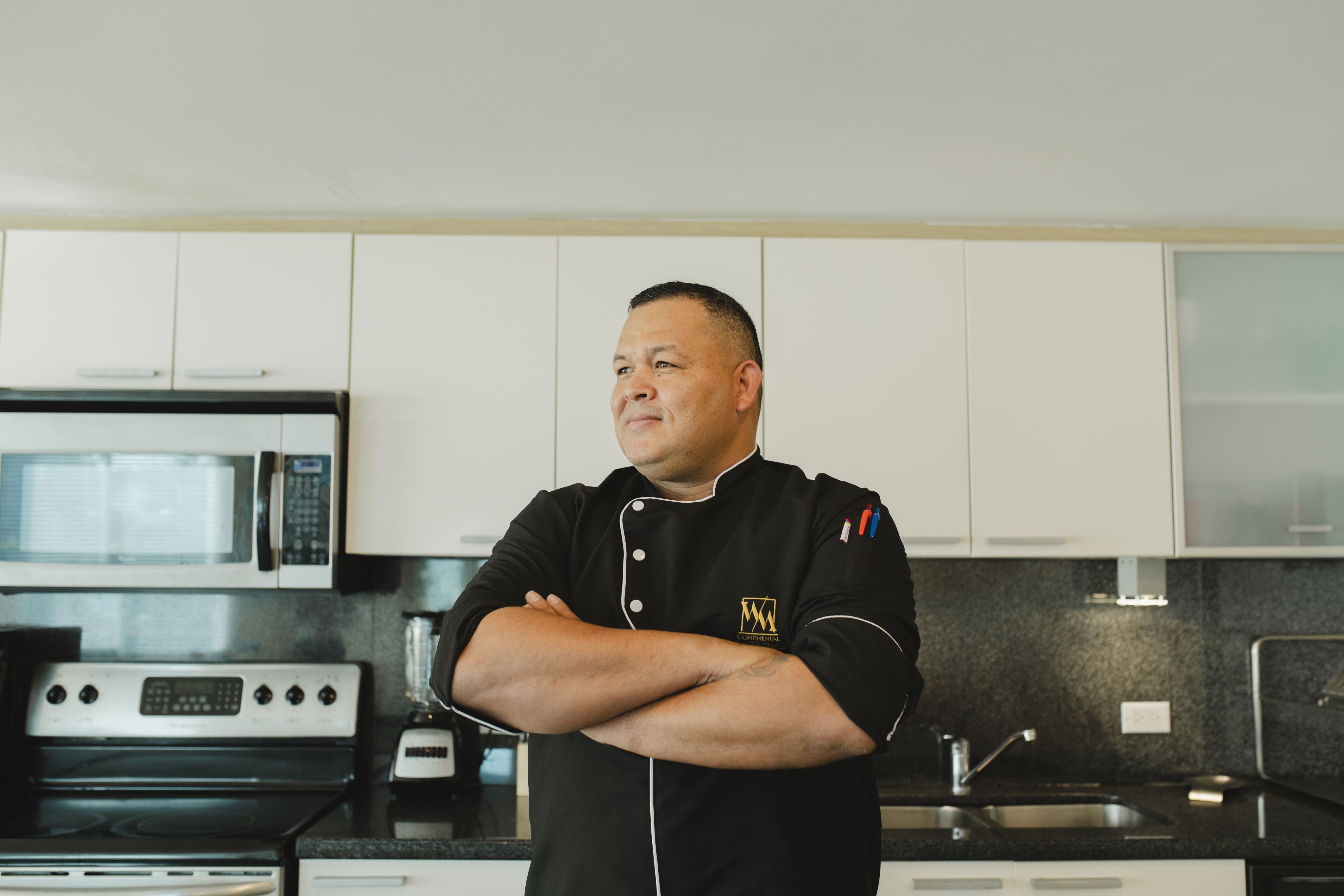
“To achieve success as an immigrant, it's essential to rise early, work hard, have clear goals, and give your best. Giving is the key to integrating into any society because only by giving can you receive.”
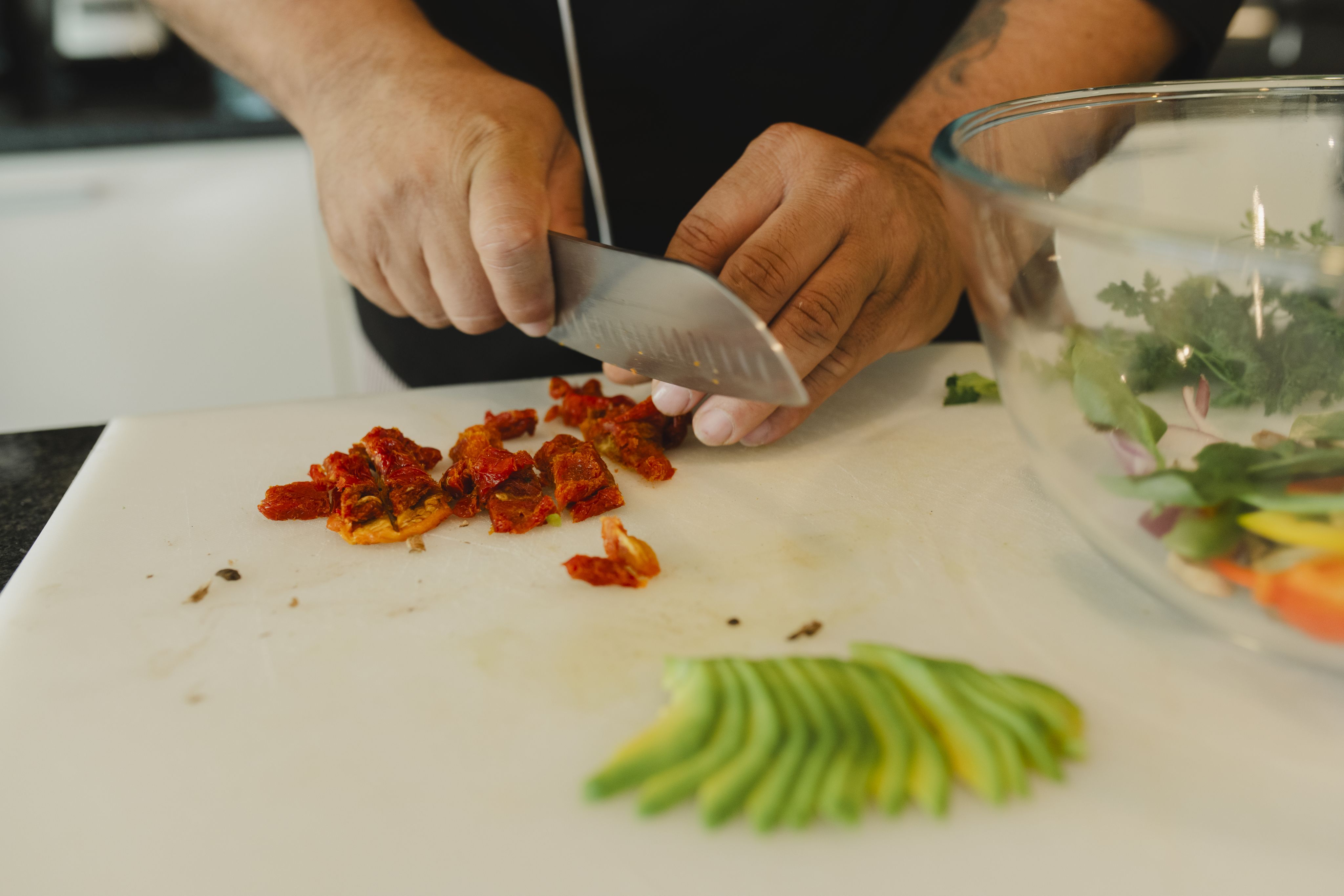
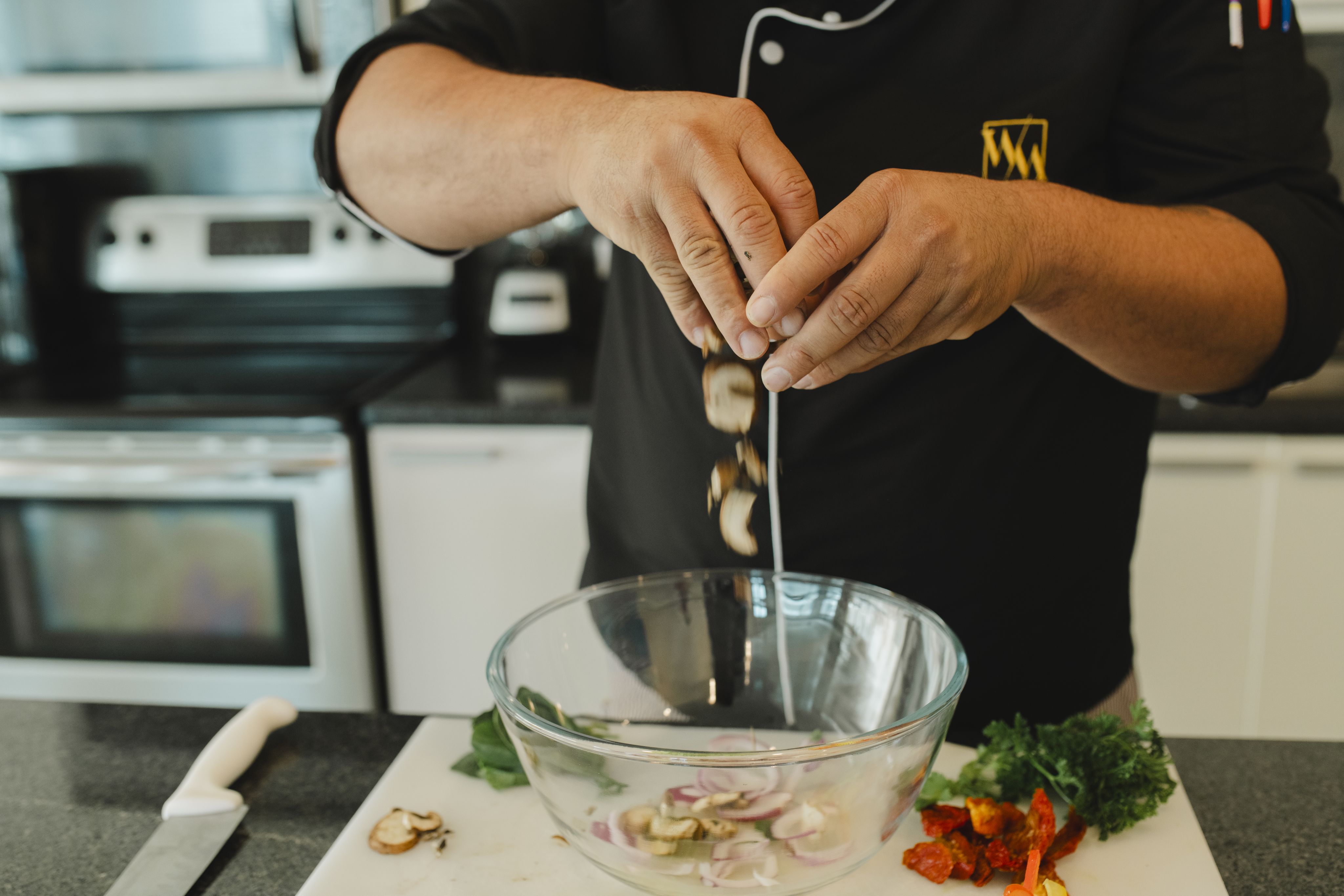
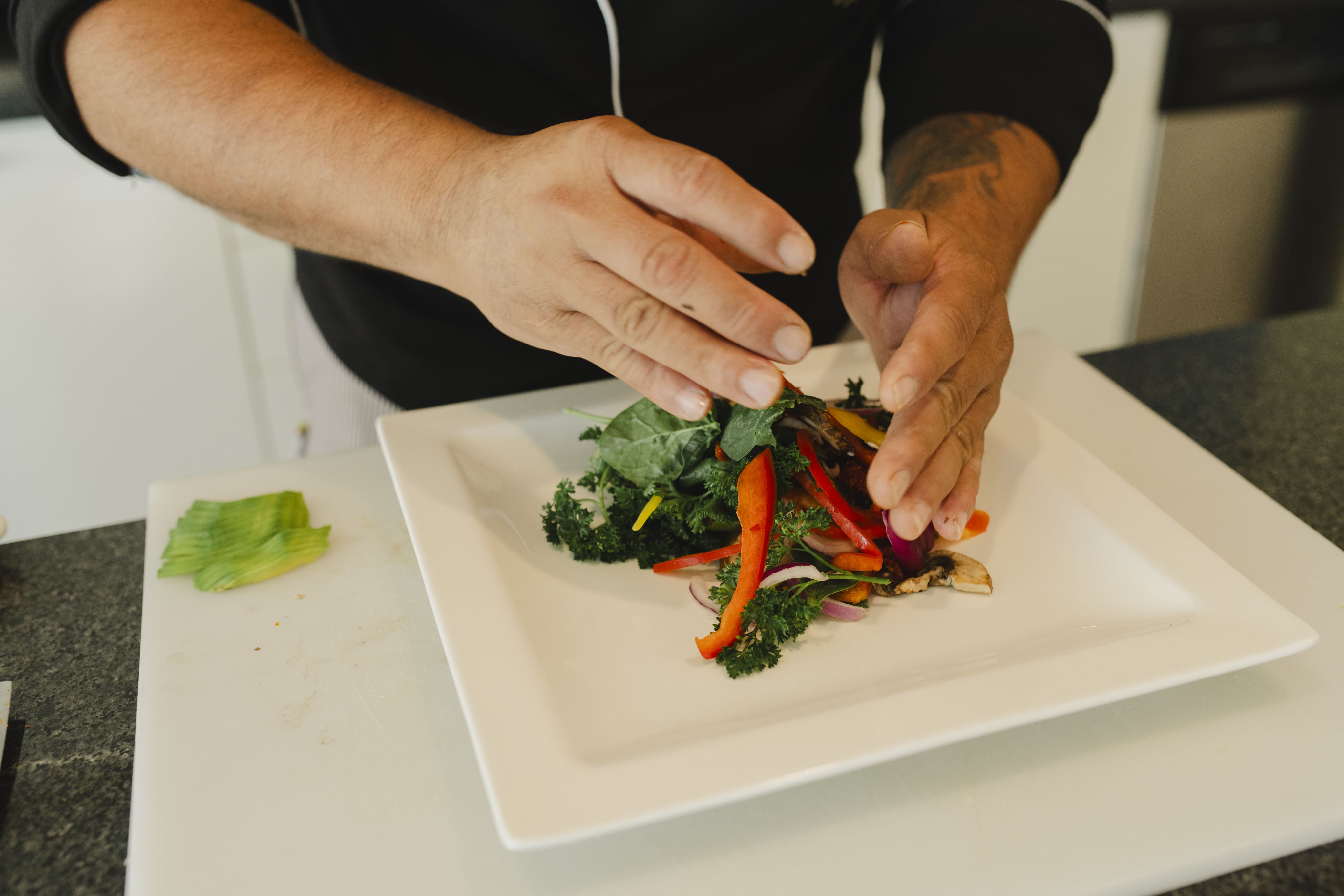
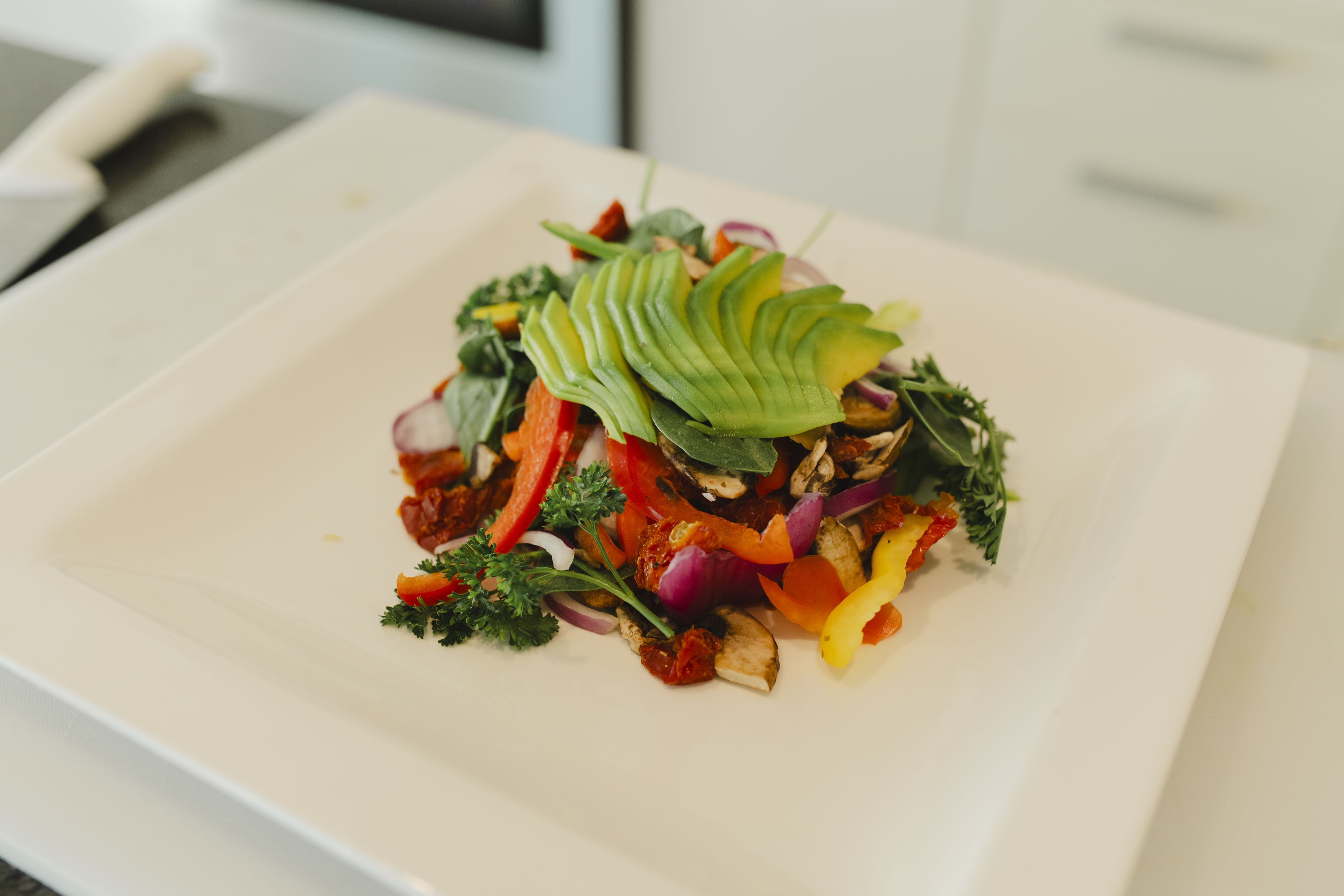




Will feels he is still in the process, having reached just 20% of what he aspires to achieve in Aruba. With faith in God, he aims to continue contributing to the island, employing more people, and is grateful for everyday of life as it allows him to pursue his mission.
